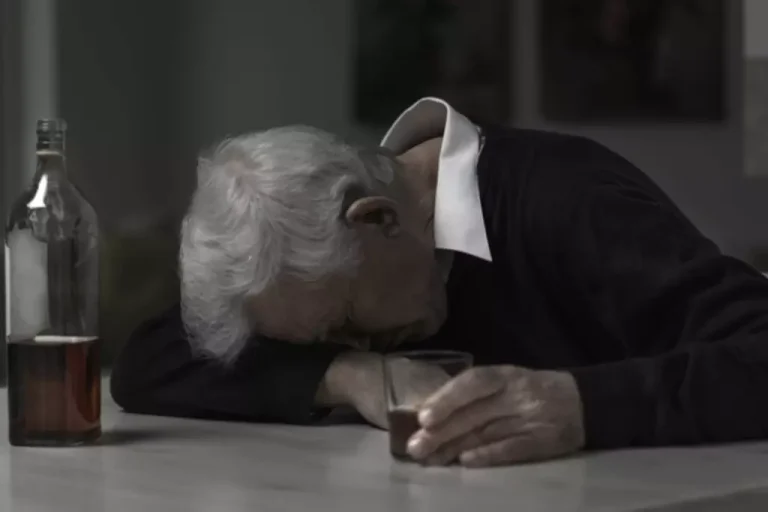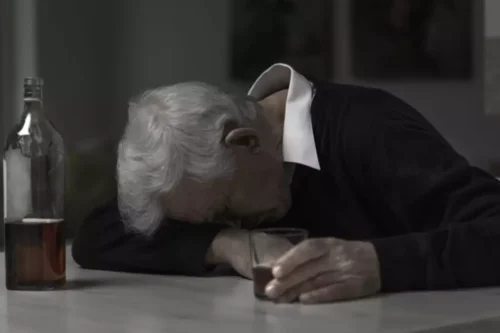60 MORE Substance Abuse Group Therapy Activities

Some recovery groups promote emotional openness by playing feelings charades. According to the National Institutes of Health (NIH), taking time to express gratitude can boost your emotional wellness and help with stress management. Some people might want to join the World Services movement to help others deal with addiction and sobriety. Regardless, you can build up your relationships and establish new ones. CBT skills group is a course that teaches mindfulness, your emotions, and the interconnection of thoughts, feelings, and behaviors. Behavioral activation involves identifying and engaging in positive behavior.

Add Your Practice to TherapyByPro, Get Found by New Patients, Grow Your Practice.
This will help make the clients more comfortable to share if everyone remains anonymous. Warm-up exercises serve as a bridge between members’ daily lives and focused group discussions. These exercises can include mindfulness activities, deep breathing exercises, or brief reflections on personal progress since the last session. Warm-ups set a contemplative tone, helping participants transition into the group environment and encouraging them to be present and engaged throughout the session.
Trauma triggers and crisis management

Anger can be a challenging emotion in recovery, often leading to impulsive reactions. This session teaches anger management techniques, such as counting to ten, stepping away, and deep breathing, helping members manage frustrations without turning to substances. In this activity, members discuss the values most important to them, such as honesty, compassion, or resilience, and consider how these values can guide their choices and goals in recovery. This topic discusses the importance of forgiveness, both of oneself and others, and offers strategies for letting go of past pain.
- Facing drug addiction or alcohol abuse can be an isolating experience, which is one of many reasons why treatment providers use group therapy and peer support in their programs.
- Enter the world of thought challenge relay races and cognitive distortion bingo – where tackling negative thinking patterns becomes a team sport.
- An effective substance abuse group therapy session provides a supportive and judgment-free environment, encourages open discussions, and promotes healthier ways of coping.
- After completing a treatment program, individuals benefit from a well-structured aftercare plan.
Experiential Therapy Activities
We like that our clients have the peace of mind of knowing Hawaii Island Recovery is up-to-date on the latest research-based interventions. Afterward, participants may be invited to share any surprising or revealing thoughts they had, if they feel comfortable doing so. Participants can share how they are practicing self-care to encourage and inspire their peers. There are numerous benefits to group therapy and peer support meetings that aren’t available in a one-on-one setting. Clients are given a judgment-free space and are encouraged to be open and honest to facilitate recovery and healing. This exercise demonstrates the importance of sharing your feelings so you don’t confuse your loved ones.
- Group therapy is a great option for those who are looking for additional support in their journey to recovery.
- This topic helps members design daily schedules that include self-care, work, and relaxation.
- This session discusses the importance of setting personal boundaries and provides strategies for communicating them effectively with others.
- Writing a letter to one’s younger self can be a powerful way to foster compassion and forgiveness.
- This exercise not only builds empathy but also helps individuals recognize the universal themes in their unique stories.
What is Psychodynamic Therapy?
Our clients often ask us these questions related to CBT group activities. Of course, it’s crucial to tailor activities to the specific needs and preferences of each group. The key is to maintain a spirit of openness and flexibility, always ready to adapt and innovate. Are there changes you need to make to improve in this area, and how should you go about it? Talk about the importance of good sleep hygiene (avoiding too much caffeine, avoiding screen time right before bed, getting up at the same time each day, etc.).
Questions About Treatment?

At Magnolia Recovery of LA, you’ll receive health related education, therapeutic counseling, nutrition, exercise, and spiritual development. Working with clay or other sculpting materials allows participants to create three-dimensional representations of their emotions, experiences, or hopes for the future. This experiential therapy activity taps into the tactile and creative process, encouraging participants to explore complex emotions through physical creation. It is also a great way to focus the mind and engage in a calming, hands-on task. Group therapy is a cornerstone of substance abuse treatment for several compelling reasons.
- Participants can share how they are practicing self-care to encourage and inspire their peers.
- Have a group lecture and/or discussion about the neuroscience of addiction.
- Play therapyis a type of therapeutic modality that is commonly conducted with children.
- If you or someone you love is suffering from substance abuse disorder,call The Recovery Villagetoday to explore the various treatment options available to you.
Exercise and Physical Activity

Experiential therapy helps individuals who have trouble expressing themselves or talking about difficult times in their lives. Experiential therapy usually involves participation in creative arts or movement activities. Many support group meetings and group therapy sessions start with check-ins.
Financial Health and Recovery
Spirituality can provide a sense of purpose and inner peace in recovery for those interested. This session invites members to explore their spiritual beliefs—whether through mindfulness, religion, or connecting with nature—and discuss how these beliefs can support sobriety. This activity discusses the qualities of supportive relationships, such as trust and respect, and explores ways to build or repair these connections to foster a strong, encouraging network.
- In meditation sessions, participants will practice focusing on their breathing or on affirmations while allowing thoughts to come and go without engagement or judgment.
- This topic encourages members to spend time outdoors, organizing group outings or discussing simple ways to connect with nature in daily life.
- Regret can be a heavy burden, but it can also motivate positive change.
- This activity helps members explore qualities, interests, and values that define them beyond addiction, encouraging them to embrace a new, healthy identity.
Developing Emotional Awareness
A facilitator leads the group through a calming meditation, prompting them to imagine a place of peace or success in their recovery. This activity can help individuals manage stress, reduce anxiety, and focus on their goals. Art therapy is a creative way for individuals to express emotions that may be difficult to verbalize.
Problem-Solving Activity To Manage Triggers
These activities teach individuals how to manage stress, anxiety, and negative emotions without substance use. Through mindfulness exercises, problem-solving ideas for substance abuse groups simulations, and guided imagery, participants learn healthier ways to navigate life’s challenges while maintaining their sobriety. Substance abuse group activities are a path to healing as the journey towards addiction recovery is rarely undertaken alone. For many, especially those recovering from addiction, recovery is significantly enhanced by the support and camaraderie found within substance abuse support groups. These groups are pivotal in promoting sobriety, providing emotional reinforcement, and fostering personal growth.





No Comments